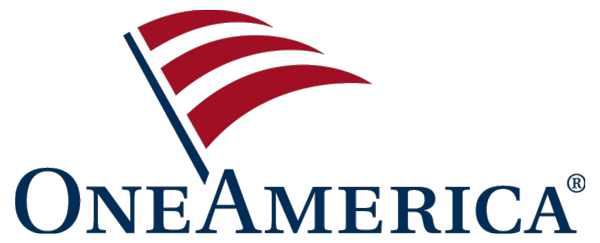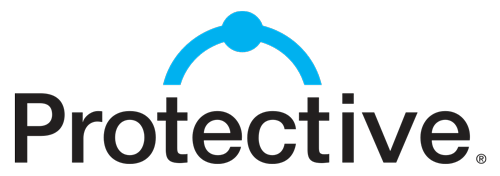Preparing for your clients’ future is vital and most people have not sufficiently saved or planned for their lives in retirement.
With little planning and today’s longer life expectancy, retirees should be concerned about outliving their assets. An annuity can help to provide the security in retirement when your clients need it most. We understand the marketplace and will help you guide your client in the right direction for their specific needs. Oberlin marketing will work with you every step of the way to present your client with a quality product that best suits their needs.














Fixed Annuity
In a fixed annuity, the insurance company guarantees the principal and a minimum rate of interest. Which means, as long as the insurance company is financially sound, the money your clients’ have in a fixed annuity will grow and will not drop in value. The growth of the annuity’s value and/or the benefits paid may be fixed at a dollar amount or by an interest rate, or they may grow by a specified formula.
Variable Annuity
Money in a variable annuity is invested in a fund—like a mutual fund, but one open only to investors in the insurance company’s variable life insurance and variable annuities. The fund has a particular investment objective, and the value of your money in a variable annuity—and the amount of money to be paid out to you—is determined by the investment performance (net of expenses) of that fun.
Equity Indexed Annuity
An equity-indexed annuity is a type of fixed annuity that looks like a hybrid. It credits a minimum rate of interest, just as a fixed annuity does and its value is also based on the performance of a specified stock index—usually computed as a fraction of that index’s total return. Numerous options are available at Oberlin Marketing and this is viable option for more growth potential verse multi-year guaranteed options.
Market Value Adjusted Annuity
A market-value-adjusted annuity is one that combines two desirable features—the ability to select and fix the time period and interest rate over which your annuity will grow, and the flexibility to withdraw money from the annuity before the end of the time period selected.
Deferred Annuity
A deferred annuity receives premiums and investment changes for payout at a later time. The payout might be a very long time; deferred annuities for retirement can remain in the deferred stage for decades.
Immediate Annuity
An immediate annuity is designed to pay an income one time-period after the immediate annuity is bought. The time period depends on how often the income is to be paid. For example, if the income is monthly, the first payment comes one month after the immediate annuity is bought. This annuity will be a very popular option for your clients nearing retirement looking to supplement their fixed income. Oberlin Marketing has great options available you.
Fixed Period Annuity
A fixed period annuity pays an income for a specified period of time, such as ten years. The amount that is paid doesn’t depend on the age (or continued life) of the person who buys the annuity; the payments depend instead on the amount paid into the annuity, the length of the payout period, and (if it’s a fixed annuity) an interest rate that the insurance company believes it can support for the length of the pay-out period.
Lifetime Annuity
A lifetime annuity provides income for the remaining life of a person (called the “annuitant”). A variation of lifetime annuities continues income until the second one of two annuitants dies. No other type of financial product can promise to do this. The amount that is paid depends on the age of the annuitant (or ages, if it’s a two-life annuity), the amount paid into the annuity, and (if it’s a fixed annuity) an interest rate that the insurance company believes it can support for the length of the expected pay-out period.
Qualified Annuity
A qualified annuity is one used to invest and disburse money in a tax-favored retirement plan, such as an IRA or Keogh plan or plans governed by Internal Revenue Code sections, 401(k), 403(b), or 457. Under the terms of the plan, money paid into the annuity (called “premiums” or “contributions”) is not included in taxable income for the year in which it is paid in. All other tax provisions that apply to non-qualified annuities also apply to qualified annuities.
Non-Qualified Annuity
A non-qualified annuity is one purchased separately from, or “outside of,” a tax-favored retirement plan. Investment earnings of all annuities, qualified and non-qualified, are tax-deferred until they are withdrawn; at that point they are treated as taxable income (regardless of whether they came from selling capital at a gain or from dividends).



